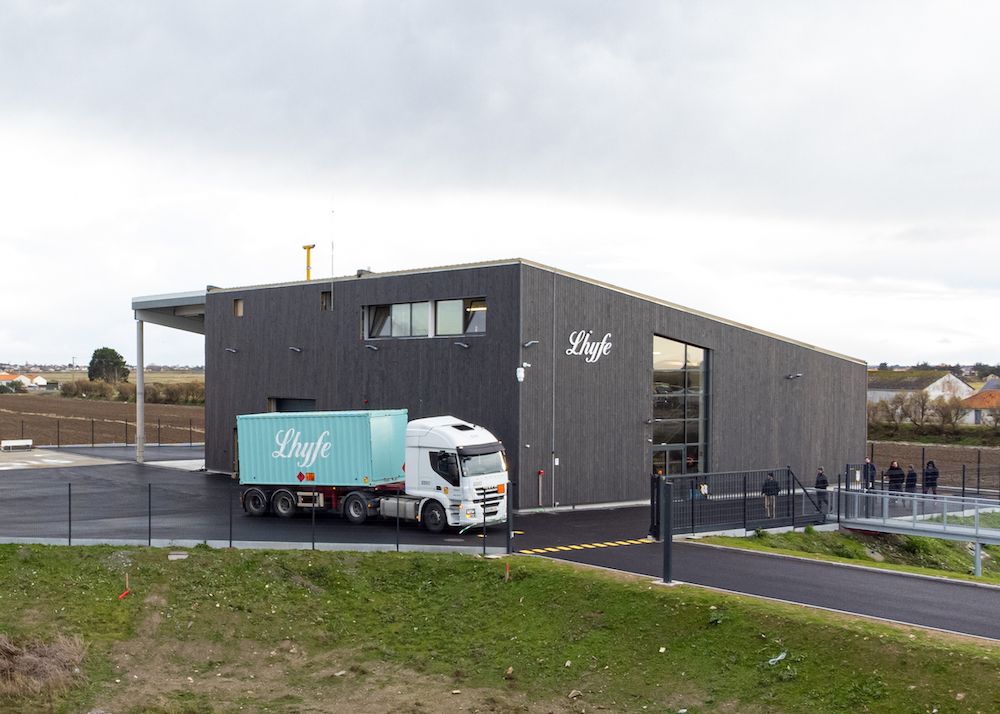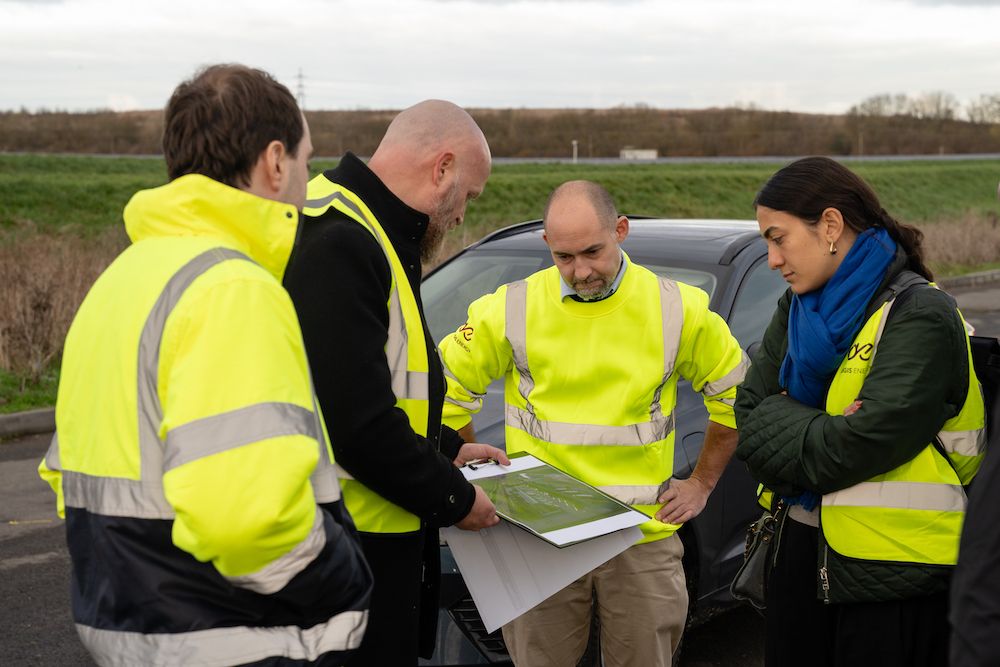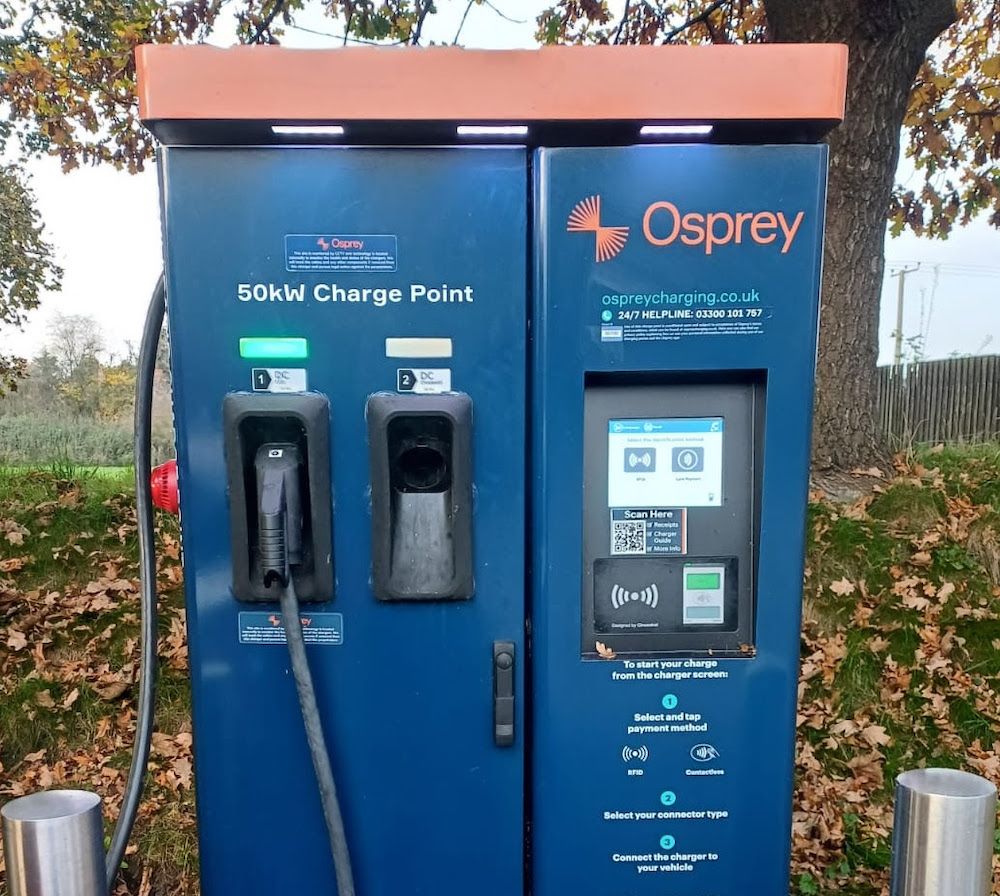The Faraday Institution has awarded 16 small, fast-paced, focused projects in areas not covered within its existing battery research portfolio.
In doing so it has widened its research scope, and set of university partners, in an initiative that will inform future priorities for its research programme beyond March 2023.
The new seed projects, in the areas of anodes, electrolytes, cathodes, next generation technologies, applications and data management, and flow batteries, aim to deliver transformative results that may lead to a second stage of collaborative research beyond the initial exploratory work.
Professor Pam Thomas, CEO, Faraday Institution, said: “These novel projects are in areas of application-inspired research that continue to strengthen the UK’s position in electrochemical energy storage and ultimately contribute to making UK industry more competitive.
“With the initiation of these projects, we are delighted to welcome four new universities, Durham, York, Loughborough and Queen Mary University London, to the Faraday Institution community, bringing the total to 27.”
In total 14 universities are involved with the seed projects: Durham, Edinburgh, Birmingham, Nottingham, Imperial, Leicester, Loughborough, Oxford, QMUL, Sheffield, Strathclyde, Surrey, UCL, and York.
The projects will run for a maximum of 12 months and represent a £2 million investment in research by the Faraday Institution.
The funding round was highly competitive; it was oversubscribed by four times.
The two projects on flow batteries (a potentially transformative, low-cost energy storage technology for emerging economies), totalling £277,000, are being funded with UK aid from the UK government, via the Transforming Energy Access (TEA) programme.
TEA is a research and innovation platform supporting the technologies, business models and skills needed to enable an inclusive clean energy transition.
Descriptions of the projects can be accessed on the Faraday Institution website.












